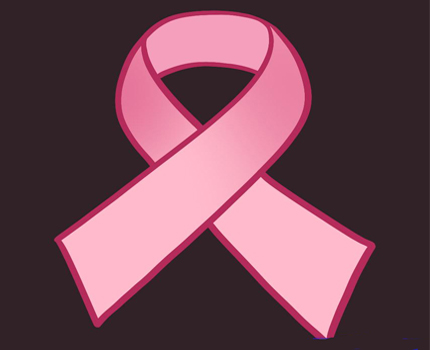 What is Breast Cancer?
What is Breast Cancer?
The term “breast cancer” refers to a malignant tumor that has developed from cells in the breast. Over time, cancer cells can invade nearby healthy breast tissue and make it cancerous.
What are some causes?
Breast cancer is always caused by a genetic abnormality (a “mistake” in the genetic material). However, only 5 percent to 10 percent of cancers are due to an abnormality inherited from your mother or father. Instead, 85 percent to 90 percent of breast cancers are due to genetic abnormalities that happen as a result of the aging process and the “wear and tear” of life in general.
What are some preventive measures?
There are steps every woman can take to help the body stay as healthy as possible, such as eating a balanced diet, maintaining a healthy weight, not smoking, limiting alcohol, and exercising regularly. While these may have some impact on your risk of getting breast cancer, they cannot eliminate the risk entirely.
Statistics
• About 1 in 12 women (8 percent) will develop breast cancer at some stage of life.
• Second leading cause of cancer related deaths in women
• Incidence increases with age
• Although breast cancer in men is rare, men can also be affected with breast cancer
Factors that suggest a genetic predisposition to breast cancer
• Early age of onset (before 40 years of age)
• Several members of the family affected with breast cancer
• Presence of high risk features such as:
o Bilateral breast cancer,
o Ovarian cancer
o male breast cancer
For women at an increased risk, the following are available to help decrease her chances of breast cancer:
• Administer Tamoxifen- for women for women under age 35 years of age.
• Consider prophylactic mastectomy
• Take steps to embrace appropriate lifestyle changes
• Limit or stop alcohol consumption.
Breast Cancer screening
• Screening can help find cancers in an early stage when they have a better chance of being cured
• Breast cancer screening can be done by
o Monthly self-examinations (MSE)
o Clinical Breast Examinations (CBE)
o Mammograms
o In some cases, breast MRI
Using these methods in a combined approach is better than any one test alone.
Breast Safe test – Early cancer detection
Tumour Markers are substances (usually proteins) that are produced by the body in response to cancer growth. In the presence of cancer, these substances are elevated and detectable in blood samples.
BRCA 1 & 2
• Breast cancer preventing genes
• Each individual has two copies of these genes; one inherited from mother, one from father. If one copy is faulty there is a higher risk of developing breast cancer
• Abnormal BRCA1 and BRCA2 genes – account for up to 10 percent of all breast cancers.
• Inherited mutations in BRCA 1 or BRCA 2 genes are the most common cause of hereditary breast cancer.
• Women with BRCA mutations have up to an 80 percent chance of developing breast cancer during their lifetime. When they do, it is often at a younger age than women who are not born with these gene mutations.
The Benefits of Genetic Counseling If you are worried about the risk of breast cancer for yourself, or any of your family members, you can visit a genetic counselor to discuss your family history and do a personal risk assessment. The counselor will then guide you with regards to suggesting which test is best suited for you and your family members.

